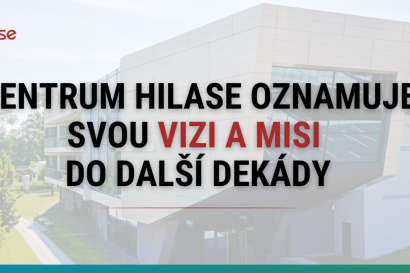Karel Závěta – Gentleman Physicist
Karel Závěta was an important figure in condensed matter physics. 67 years ago, on the first of February 1956, he joined the then Institute of Technical Physics of the Czechoslovak Academy of Sciences, today called the Institute of Physics of the Czech Academy of Sciences. He began his scientific career in the Department of Magnetism led by J. Brož. He became involved in the study of ferrites and continued in this area in cooperation with S. Krupička. The topic of his doctoral thesis was the use of electric conductivity to measure the magnetocaloric effect. For several years he held the post of the Science Secretary of the institute.








